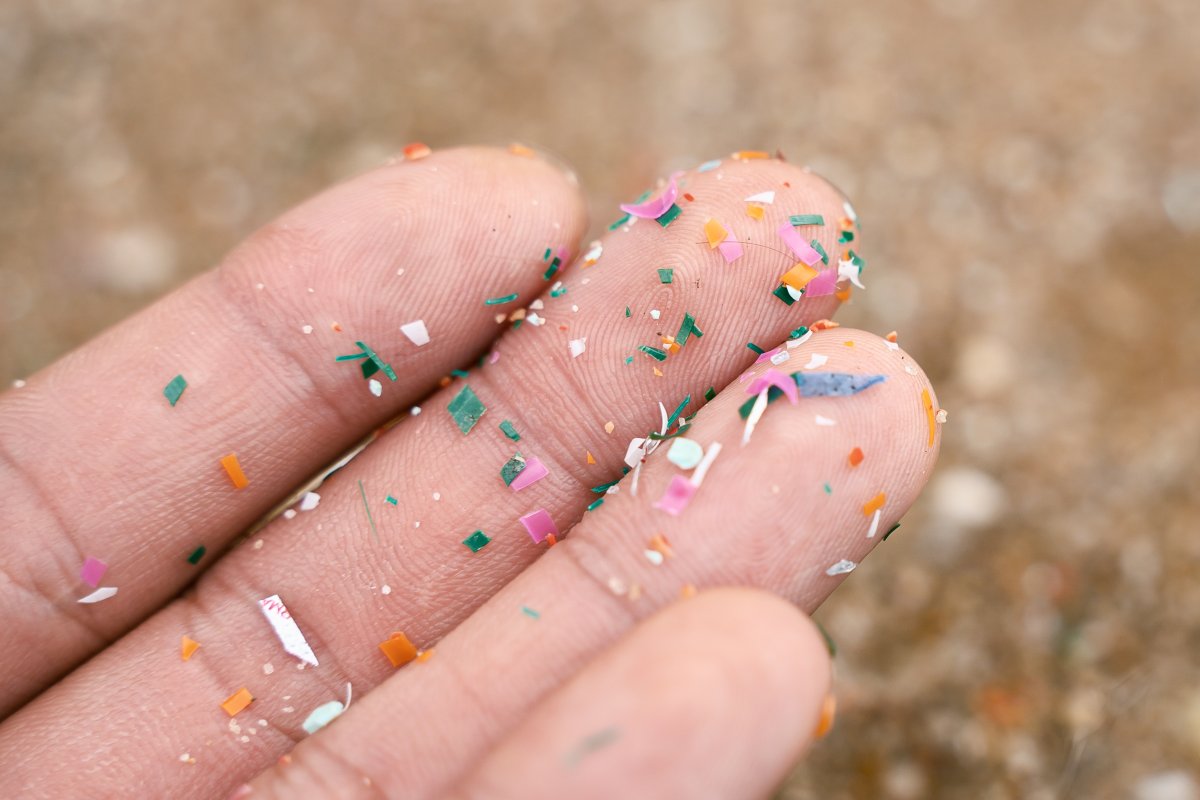Toxic chemicals designed to prevent household objects from catching fire can be rapidly absorbed into the bloodstream via the skin.
These flame-retardant chemicals, such as polybrominated diphenyl ethers (PBDEs), are found on many everyday items, ranging from furniture and fabrics to plastics and electronics.
According to a new paper in the journal Environment International, these potentially cancer-causing chemicals can be absorbed through the skin from microplastics in as little as 24 hours, entering the bloodstream.

PBDEs are used in a vast range of products, including rugs, computers, furniture foam padding, wire insulation, and upholstery. Exposure to PBDEs has been linked to several health issues, including thyroid hormone disruption, neurodevelopmental delays in children, and cancer. They may be contained in microplastics that shear off these materials. Microplastics are minuscule chunks of plastic less than 5 millimeters (0.2 inches) long, and are found in our drinking water, in the air, and even inside our bodies.
In the paper, the researchers describe how they used a 3D-printed skin model to test how fast these toxic chemicals could be absorbed from microplastics, and found that they can be taken up into the bloodstream in as little as 24 hours.
They found that up to 8 percent of PBDEs on the microplastics were absorbed into the skin, and 0.1 percent of that amount had entered the bloodstream after 24 hours. They also found that sweatier skin absorbed more of the chemicals than drier skin.
"We confirm for the first time that human exposure via skin contact with microplastics containing PBDEs contributes to the human body burdens of these toxic chemicals," study co-author Ovokeroye Abafe, an environmental chemist and exposure scientist at Brunel University London, said in a statement.
"This is the first experimental evidence to show that certain additive chemicals linked with so many diseases—including cancer, endocrine disruption and reproductive problems—enter the human body from dermal exposure to microplastics," said Abafe, who worked with two other researchers at the University of Birmingham in the U.K.
"Unfortunately, there are myriads of toxic additive chemicals, ranging from plasticizers to stabilizers in microplastics, some of which are not regulated, that can potentially find their way into the human system. Also significant is the uptake of these toxic additive chemicals through other human exposure pathways such as ingestion and inhalation of microplastics, of which nothing is known on the body burden of these additives," Abafe added.
The researchers hope this finding will help put pressure on governments over microplastics and the potential risks of people absorbing toxic chemicals from them.
"These results provide important experimental evidence for regulators and policymakers to legislate for microplastics and safeguard public health against such exposure, which contributes to the human body burdens of toxic additive chemicals linked with causing cancer and disruption of the endocrine system," Abafe said.
Do you have a tip on a science story that Newsweek should be covering? Do you have a question about plastic pollution? Let us know via science@newsweek.com.
Uncommon Knowledge
Newsweek is committed to challenging conventional wisdom and finding connections in the search for common ground.
Newsweek is committed to challenging conventional wisdom and finding connections in the search for common ground.
About the writer
Jess Thomson is a Newsweek Science Reporter based in London UK. Her focus is reporting on science, technology and healthcare. ... Read more
To read how Newsweek uses AI as a newsroom tool, Click here.








